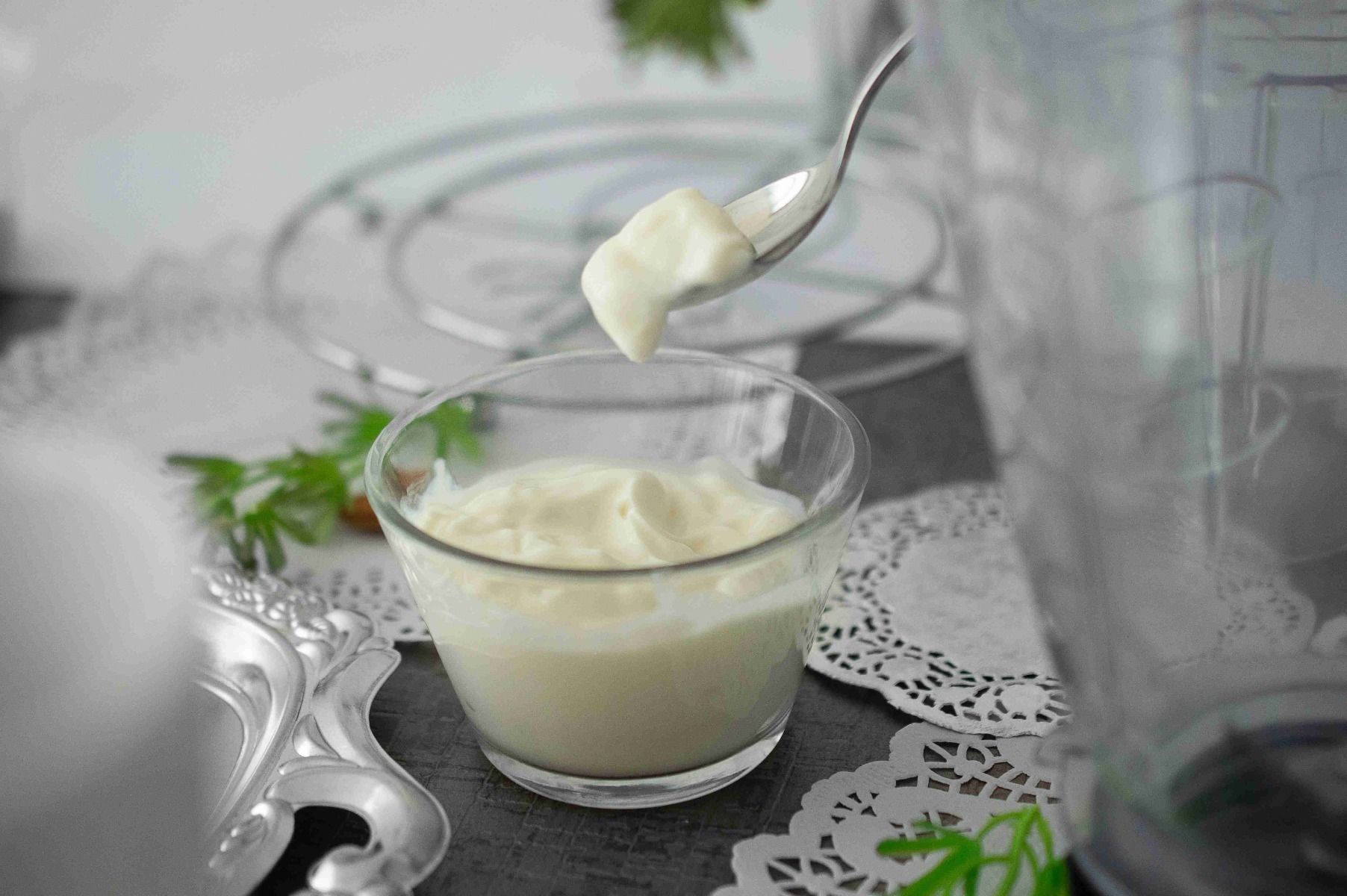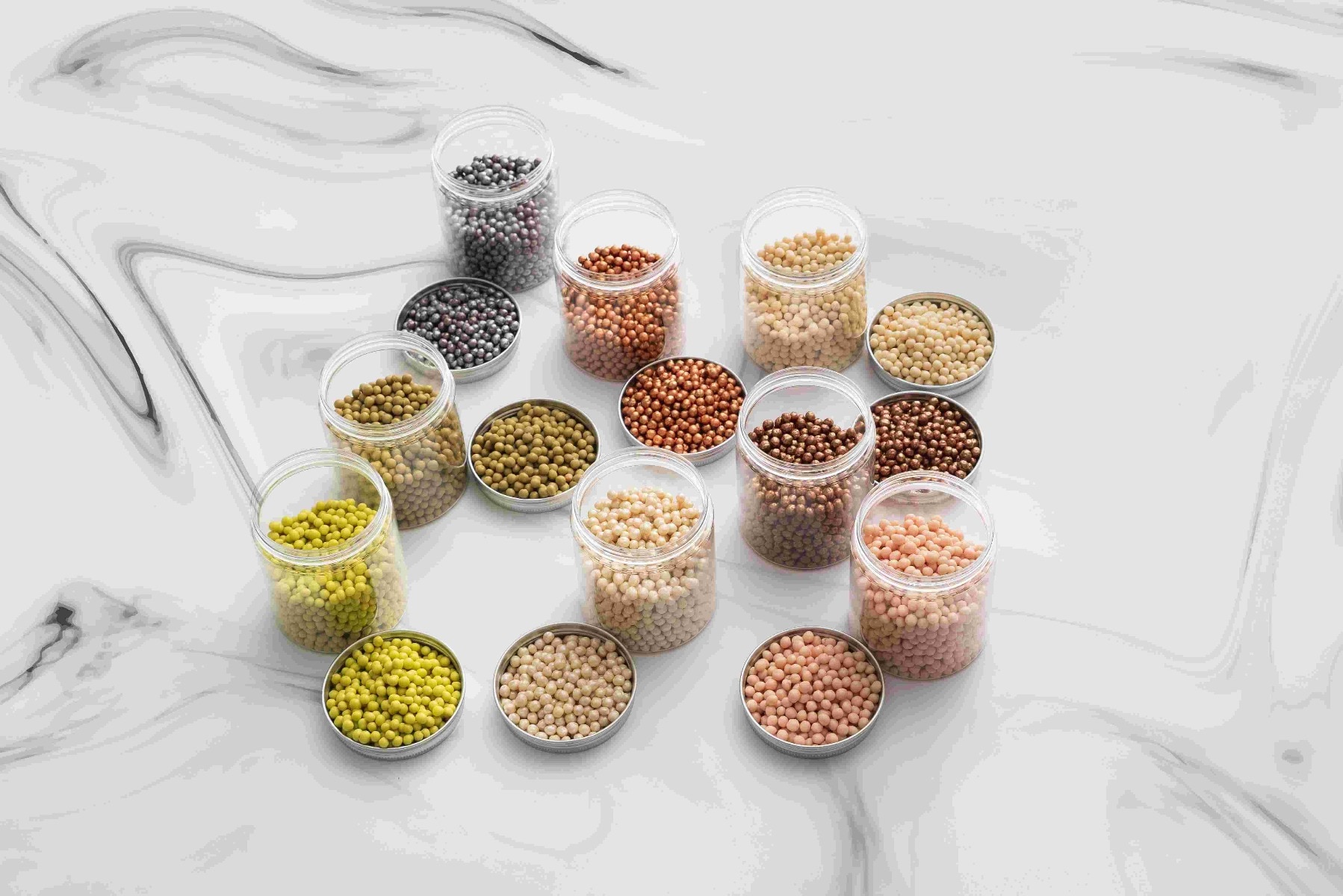Are you trying to lose weight? One of the easiest ways to do so is by incorporating more protein-rich foods into your diet. While the most common ways to get protein are from eating red or white meat, that doesn’t mean you have to adhere to any strict diets. You can eat lots of other healthy and delicious foods that are full of vital protein and nutrients that will keep you fit.
Eggs

Eggs are a high-protein food. And, whereas eggs were formerly connected with an increased risk of heart disease, there is now significant evidence showing eggs are not dangerous to the majority of individuals. Consuming a full egg daily is helpful in general. If you have diabetes or heart problems, however, limit your egg consumption to two or three per week. Ensure that your egg dishes incorporate the yolks. They include crucial but difficult-to-find nutrients such as choline, which contributes to the reduction of breast cancer rates. Eggs may help to prevent macular degeneration and cataracts due to their antioxidant content. Eggs for breakfast have been demonstrated to help you consume fewer calories throughout the day.
Eggs may be prepared in a variety of ways. Refrigerate hard-boiled eggs for a quick snack, make an egg-spinach omelet for the morning, or serve a spinach salad with a hard-boiled egg for supper.
Yoghurt

Yoghurt is beneficial for both the gastrointestinal system and the taste senses. When planning meals, keep in mind that Greek yogurt has more protein than normal yogurt.
Yogurt aids in the maintenance of the billions of beneficial bacteria necessary for a balanced digestive and immune system. Additionally, the bacteria in yogurt assist the body in breaking down and absorbing essential nutrients. Yoghurt's calcium and protein content contribute to bone strength. You may also use yoghurt as a dip or topping for a range of different foods, such as rice, or make a nutritious snack by mixing a handful of nuts into yoghurt.
Soy
Soy foods in their natural state are an excellent source of lean protein. Unlike the majority of vegetarian proteins, soy is a complete protein, supplying your body with all of the important amino acids. Many nutritious components of processed soy products, such as the ones present in bars and snack meals, are omitted. Therefore, choose whole soy to maximize nutritional content and health advantages.
Because soy is derived from plants, it is low in saturated fat and cholesterol-free. According to certain studies, soy may help decrease cholesterol levels. Folate, vitamins B6 and B12, calcium, magnesium, and potassium, all of which are contained in soy, all contribute to a reduction in your risk of heart disease.
Soy stimulates your scalp, hair follicles, and developing hair with folate and vitamins B6, B12, and C. Calcium in soy contributes to the strength of teeth and bones. Because folate helps with serotonin production, soy may help improve your mood. Vitamin B6 and calcium may help alleviate symptoms of premenstrual syndrome (PMS), while magnesium may help reduce migraines. Soy's nutrients assist you in maintaining a healthy weight and building lean muscular mass.
Legumes

Beans and peas such as black beans, chickpeas, and lentils are classified as legumes. They're high in protein, fibre, and a variety of essential elements, such as calcium, potassium, magnesium, and iron. Do not be fooled by their small stature. They are really beneficial for your health.
Legumes include fibre that serves a dual purpose. It aids in the stabilization of blood sugar levels, which is beneficial for patients with diabetes, and helps in the reduction of cholesterol. Legumes are high in antioxidants, which means they can lessen the risk of cancer. Additionally, the fibre in beans helps you feel filled more quickly, which may help you avoid overeating.
Nuts
Walnuts, almonds, and pecans are all types of tree nuts. They are not to be confused with peanuts, which are legumes. Protein, fibre, and heart-healthy fats are abundant in tree nuts. However, keep in mind that they are also heavy in calories, so portion control is critical. A handful of tree nuts, or around 1 ounce, is a nutritious snack.
Almonds are high in fibre, vitamin E, and monounsaturated fat, all of which contribute to the reduction of bad LDL cholesterol. Walnuts contain omega-3 fatty acids, which are beneficial for heart health and aid in lowering high LDL cholesterol levels.
Vitamin E, found in tree nuts, contributes to the prevention of breast, colon, and prostate cancer. Brazil nuts are high in selenium, an essential element for cancer prevention. Walnuts' omega-3 fatty acids also benefit brain function. Vitamin E and monounsaturated fats contribute to the maintenance of healthy skin.